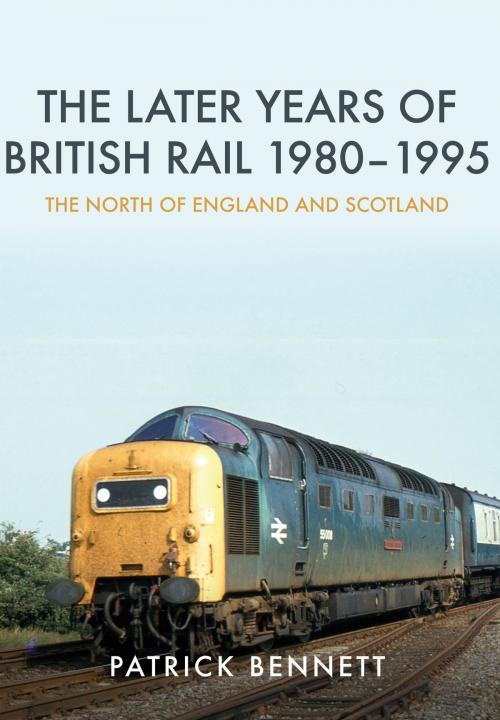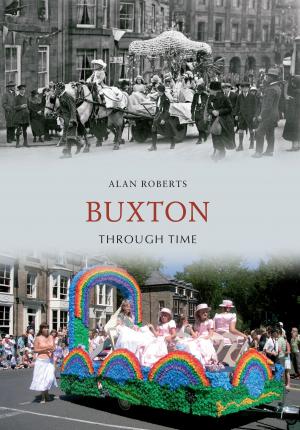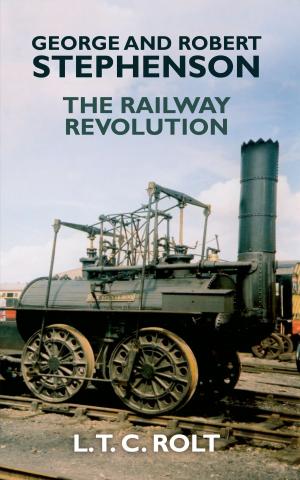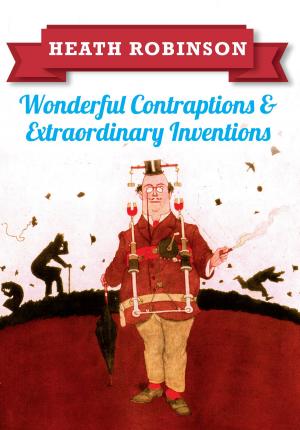The Later Years of British Rail 1980-1995: The North of England and Scotland
Nonfiction, Reference & Language, Transportation, Railroads, History| Author: | Patrick Bennett | ISBN: | 9781445674339 |
| Publisher: | Amberley Publishing | Publication: | August 15, 2017 |
| Imprint: | Amberley Publishing | Language: | English |
| Author: | Patrick Bennett |
| ISBN: | 9781445674339 |
| Publisher: | Amberley Publishing |
| Publication: | August 15, 2017 |
| Imprint: | Amberley Publishing |
| Language: | English |
The railway in 1980 had not changed much since the 1960s. There were certainly no more steam locomotives, but passenger trains consisted largely of carriages hauled by locomotives, which had mostly been constructed in the 1950s or early 1960s. Secondary services were provided by various types of multiple units from the same era. Freight traffic was still buoyant and marshalling yards busy. There were numerous freight branches and sidings. Traditional signalling was still very much in evidence throughout the system, even on some main lines. In 1980, BR was still one railway. All this was about to change. Sectorisation arrived during the 1980s; many freight traffics were lost, including newspapers and parcels. Numerous freight branches and sidings went out of use. At the same time new types of motive power were introduced, replacing the former loco-hauled trains. Hundreds of traditional signal boxes closed. Finally, in 1995, privatisation arrived. Focusing here on the north of England and Scotland and utilising a wealth of photographs and maps, together with comprehensive notes, this book reflects the immense changes that took place in the railway scene between 1980 and 1995.
The railway in 1980 had not changed much since the 1960s. There were certainly no more steam locomotives, but passenger trains consisted largely of carriages hauled by locomotives, which had mostly been constructed in the 1950s or early 1960s. Secondary services were provided by various types of multiple units from the same era. Freight traffic was still buoyant and marshalling yards busy. There were numerous freight branches and sidings. Traditional signalling was still very much in evidence throughout the system, even on some main lines. In 1980, BR was still one railway. All this was about to change. Sectorisation arrived during the 1980s; many freight traffics were lost, including newspapers and parcels. Numerous freight branches and sidings went out of use. At the same time new types of motive power were introduced, replacing the former loco-hauled trains. Hundreds of traditional signal boxes closed. Finally, in 1995, privatisation arrived. Focusing here on the north of England and Scotland and utilising a wealth of photographs and maps, together with comprehensive notes, this book reflects the immense changes that took place in the railway scene between 1980 and 1995.















